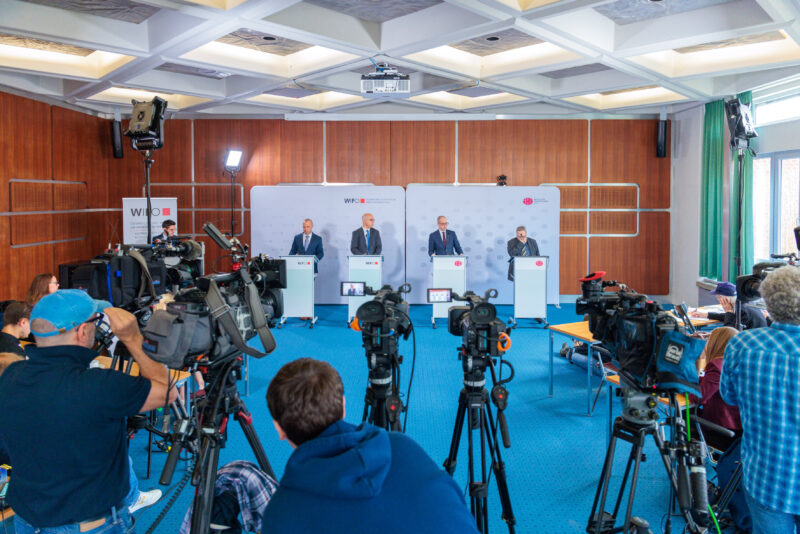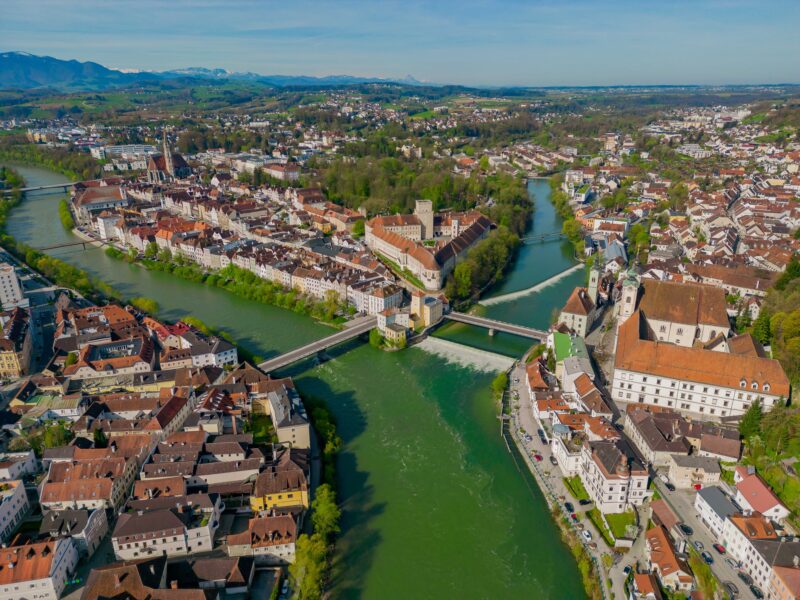
Investments into the Digitalisation and Decarbonisation
Investments are central to shaping the recovery process from the recession caused by the COVID-19 pandemic. These are not only important drivers of growth and employment, but also a vehicle of technology diffusion that – sometimes profoundly – change economic processes and structures. This leads to the following research question: How can the public sector support investments after the lifting of pandemic-related restrictions so that national and European targets are met? A study by WIFO on behalf of the Oesterreichische Nationalbank examines levers for digitalisation and decarbonisation, which are both are cross-cutting issues.
Digitalisation is driven by the use of technological innovations in ICT. The central levers for facilitating investments are located in the areas of economic policy consistency, the expansion of broadband grids, the diffusion of ICT processes in the corporate sector and in education and training. Decarbonisation is derived from scientific research findings and refers to the achievement of CO2 neutrality of the economy and society, which is a necessity following from man-made climate change. The most important policy lever are the broadening of the awareness of the opportunities and threats of directed technological change, the role of the public sector in technology diffusion (e.g., as lead user), research funding, sector-specific regulations and eventually CO2 taxes combined with carbon tax border adjustments.
Publications
Please contact



























